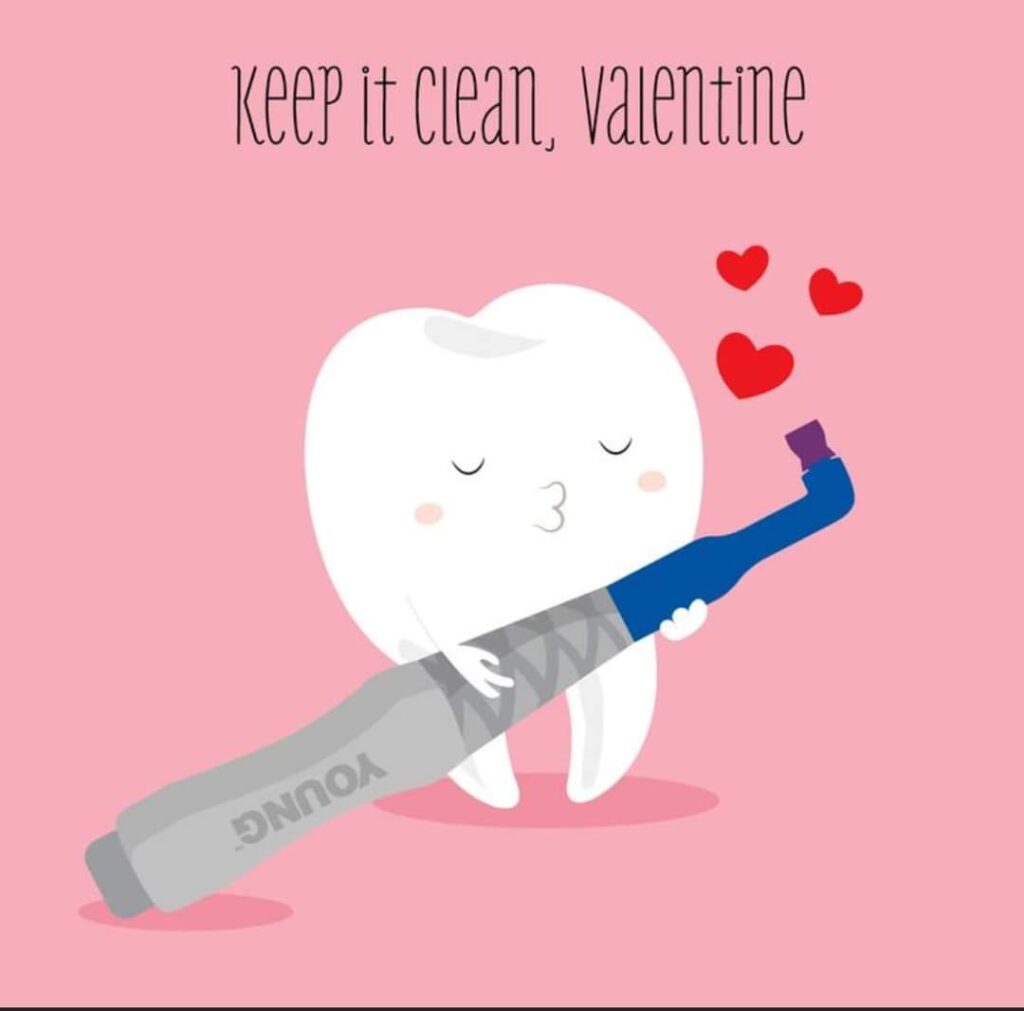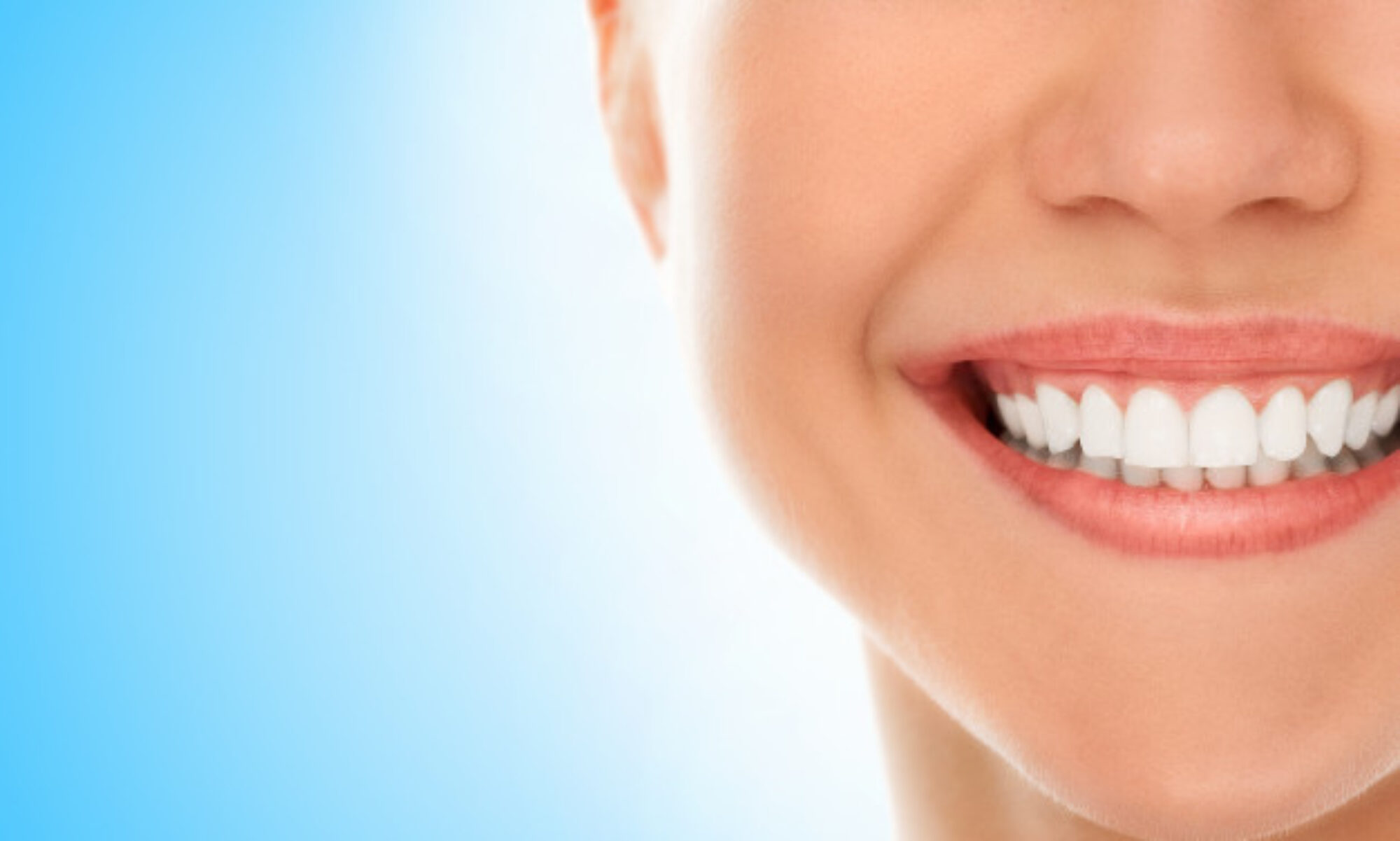Never stop smiling 💕
Lipomas

Pathogenesis: Lipomas are slow-growing, benign, painless lesions with an exophytic (extending outward) growth pattern. The lesion is a soft tissue, broadly based tumor of adipose tissue with an unknown etiology. Some cases report an occurence of blunt force or soft tissue trauma to the area preceding the development of external lipomas (Aust, et al., 2007).
Approximately two years on average elapse between soft tissue trauma and the development of the lipoma. Lipoma is a benign neoplasm of adipose cells, but has a malignant counterpart called liposarcoma.
Dr. Banić
Flowers from patients

Thank you for the flowers 💙
Lots of bookings

This how I feel after a day with lots of bookings🙈🙈
Flowers

Good morning to you. Flowers are the best way to start a Monday 💐💐💐
Does whitening toothpaste work?

Despite pretty much every mainstream brand – as well as lots of specialist brands – making a whitening toothpaste, the truth is that most haven’t been shown to make a huge difference in the whiteness of teeth.
This study into different whitening ingredients found the top three that made the most difference, especially with sustained use, were:
Microbeads – abrasives which are banned from use in toothpastes and other cosmetic products in the UK
Hydrogen peroxide – a key ingredient in many whitening kits and professional treatments
Blue covarine – which gives the teeth a bluish tinge, making them appear whiter
Activated charcoal and some other types of abrasive showed some, less significant, whitening effect.
It’s also worth noting that even the best whitening toothpastes will only remove surface stains on your tooth enamel; they can’t brighten beyond the natural colour of your teeth or alter any discolouration below the surface. There are other options for stronger whitening.
Dr. Banić
Happy valentine’s 🩷🩷

Happy valentine’s 🩷🩷
HOW DOES COFFEE STAIN YOUR TEETH?

Coffee, among other beverages, stains your teeth because of one ingredient in particular that provides the distinctive flavor of your favorite drinks. “Many drinks such as coffee, tea, and wine contain tannins, an organic substance found in plants. When the tannins build up on the teeth from drinking the beverages, they form stains,” explains Beverly Hills periodontist and cosmetic surgeon Dr Mahnaz Rashti. “Additionally, the enamel is porous. The stain from the drinks penetrates into the microscopic holes causing long-term staining of the teeth.”
Dr. Banić
Can Cold Weather Make My Teeth Hurt?
Is it possible for someone with healthy teeth to experience cold weather sensitivity? Yes. You can have completely intact, cavity-free tooth enamel and still experience moderate to severe discomfort caused by cold temps.In most cases, cold weather won’t make your teeth hurt unless you’re breathing in through your mouth (where your teeth are exposed) or you’re outside for an extended period of time and your mouth is uncovered. Tooth sensitivity to cold is one of the most common dental problems that people experience. If you know you’re going to be spending a lot of time out in the snow, for instance, and you don’t have a scarf or something covering part of your face, your teeth might get a bit sensitive the longer you’re outdoors. Your lips and cheeks only provide so much insulation!
Dr. Banić





